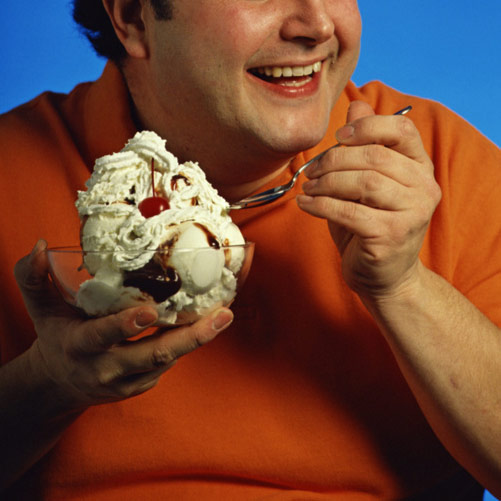
TUESDAY, May 13, 2014 (HealthDay News) — Intensive insulin therapy may boost survival in people with type 2 diabetes who’ve suffered a heart attack, a new study suggests.
Swedish researchers tracked outcomes for up to 20 years for 620 people with diabetes who were treated in hospital after a heart attack.
Some patients received intensive insulin treatment, which involved insulin-glucose infusion for at least 24 hours, followed by insulin injections four times a day for at least three months. Others received standard blood sugar-lowering therapy in which they were given occasional insulin shots for a year.
Those who got the intensive insulin treatment survived an average of two to three years longer than those who received standard care, and the survival advantage lasted for at least eight years after treatment and then leveled off, according to the research team, which was led by Dr. Viveca Ritsinger of the Karolinska Institute in Stockholm.
Those who benefited the most from intensive insulin treatment included patients younger than 70 who had no previous heart attack or history of congestive heart failure. Those who had not previously had insulin therapy also tended to fare better when placed on the regimen, according the researchers, who reporter their findings May 12 in The Lancet Diabetes & Endocrinology.
But Ritsinger’s team stressed that the study began in 1990, and while the findings show that intensive insulin treatment boosts survival in type 2 diabetes patients who have suffered a heart attack, the benefits might not be so significant if the trial was conducted now.
That’s because of the many recent advances in the treatment of type 2 diabetes patients with heart problems, including medications that help lower cholesterol and blood pressure, the researchers noted.
Two experts in the United States agreed with that caveat.
“More recent trials have been less impressive in this regard, possibly due to the patients receiving therapy for high cholesterol and hypertension; both of which are standard therapy today but were less recognized and use at the time the [Swedish] study was begun,” said Dr. Derek LeRoith, a professor of medicine endocrinology, diabetes and bone disease at Icahn School of Medicine in New York City.
Dr. Alyson Myers, an endocrinologist at North Shore University Hospital in Manhasset, N.Y., agreed that today’s means of controlling high blood pressure and high cholesterol may have dampened the findings’ importance.
And, she added, there are risks with intensive insulin treatment. “Although intensive control may prolong survival, it also increases the risk for hypoglycemia,” she said.
More information
The U.S. National Library of Medicine has more about heart attack.
Copyright © 2026 HealthDay. All rights reserved.

